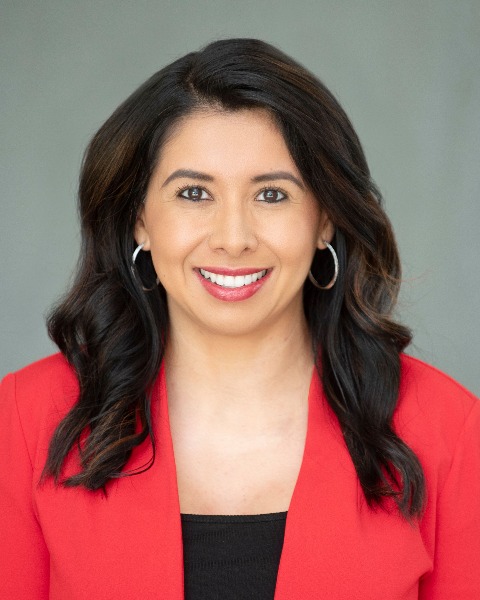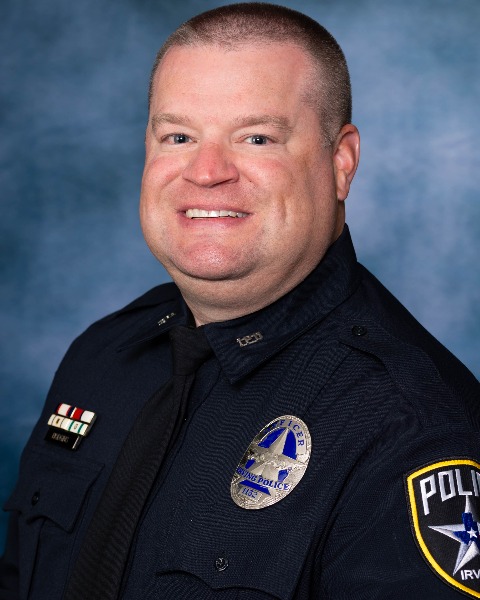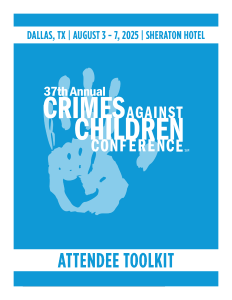Workshop
Sheraton Hotel - 2nd Floor
Questioning Children in the Field
Wednesday, August 6, 2025
12:00 PM – 1:15 PM CT
Location: Austin 3
Earn 1.25 Credit Hours
Target Audience: Law Enforcement, Prosecutor, Forensic Interviewer, CPS

Janeth Peterson
Assistant Director of Forensic Services
Dallas Children's Advocacy Center
Scott Hodgins
Detective
Irving Police Department
Primary Presenter(s)
Co-Presenter(s)
Through the child advocacy multidisciplinary approach, investigative partners and forensic interviewers have been able to collaborate to provide effective responses to child abuse allegations. Research has shown that utilizing a trained forensic interviewer is best practice when speaking to children about alleged abuse. Despite the many ways interviewers can aid in law enforcement and CPS's investigations, initial investigative agencies continue to question children in the field which could ultimately be detrimental to the life of a child abuse case. This presentation will provide investigative agencies, such as law enforcement and child protective services, the skills and questioning techniques in enhancing effective responses in the field when investigating child crimes. Members will be provided with real case scenarios to understand where cases went wrong and how other investigations were more successful through limited questioning and collaboration with forensic interviewers.
Learning Objectives:
- Learn important key elements of the forensic interview process conducted at a child advocacy center
- Distinguish special considerations when speaking with child abuse victims including medical needs and handling evidence
- Learn best practices in writing initial reports to limit barriers in the child’s credibility, main purposes of interviewing children in the field, basic interviewing techniques

